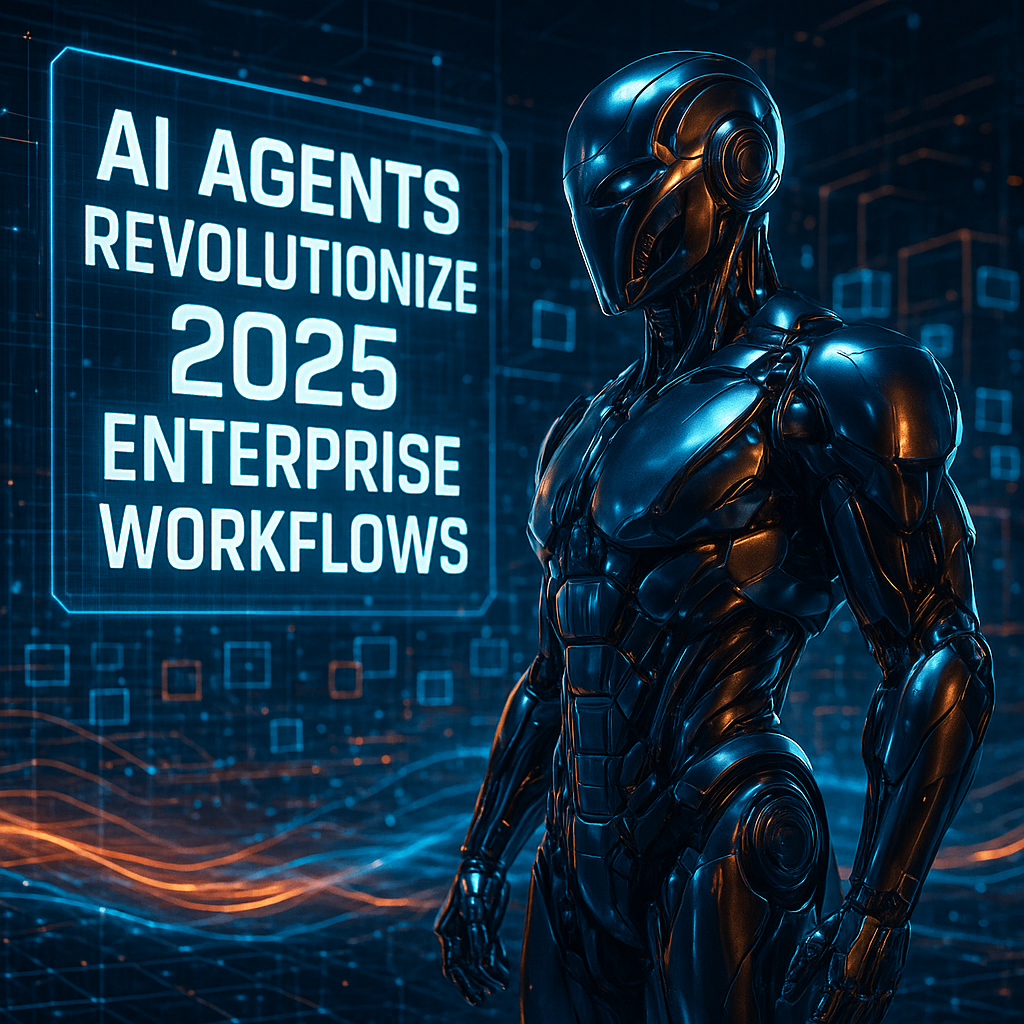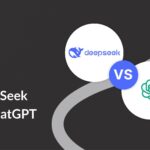
The rise of AI agent frameworks: How enterprises are automating complex workflows in 2025
# The Smart Edge: AI Agent Frameworks in 2025 and Beyond
In the rapidly evolving landscape of 2025, the agility and intelligence granted by AI agent frameworks are proving indispensable for enterprises. The ability of these advanced systems to automate complex tasks is not just a trend, but a transformative shift redefining business operations across industries. By integrating cognitive capabilities, these frameworks are pivotal in improving accuracy, speed, and driving data-driven optimization.
## Understanding AI Agent Frameworks
AI agent frameworks stand as a beacon of technological innovation. These are sophisticated software architectures that empower autonomous agents to interpret, make decisions, and execute tasks with minimal human oversight. Unlike traditional automation tools, these frameworks integrate cutting-edge AI techniques that allow agents to grasp natural language, navigate task reasoning, and continually evolve over time.
As one article encapsulated it, “AI agent frameworks are more than automation tools—they are catalysts for the autonomous enterprise.” This profound shift is enabling enterprises to achieve:
– **Faster delivery and enhanced customer engagement**
– **Significant cost savings and operational efficiency**
Let’s delve into the components that make these frameworks indispensable.
### Core Components of AI Agent Frameworks
– **Natural Language Understanding (NLU):** Empowers agents to comprehend human language, laying the foundation for accurate task execution.
– **Task Planning Engine:** Equips agents with the capability to deconstruct and organize complex tasks into manageable actions.
– **Memory and Context Retention:** Allows agents to remember past interactions, refining decision-making processes.
– **Tool and API Connectivity:** Creates a seamless integration with existing enterprise systems like CRMs and databases.
– **Feedback and Continuous Learning:** Adapts and improves through ongoing learning mechanisms.
## Leading AI Agent Frameworks of 2025
The year 2025 has seen a proliferation of diverse AI agent frameworks, each with unique strengths:
1. **AutoGPT:** Specializes in long-term goals via autonomous task loops, bridging memory and reasoning.
2. **LangChain:** Utilizes modular frameworks for dynamic workflow customization, perfect for business-specific solutions.
3. **AgentGPT:** A user-friendly, browser-based option fostering rapid prototyping and low-code enterprise adoption.
4. **MetaGPT:** Focuses on software engineering, enabling multi-agent collaboration with role-specific capabilities.
5. **CrewAI:** Excels in complex task coordination through specialized agent functions.
6. **SuperAgi and OpenAgents:** Tailored for production, boasting dashboards and robust integration capabilities.
## Real-World Impacts: Where AI Agents Show Their Worth
AI agents are not theoretical constructs but active facilitators in various sectors:
– **HR Automation:** Revolutionizing recruitment by streamlining resume parsing and interview scheduling.
– **Customer Support:** Enhancing customer satisfaction through intelligent query handling and issue escalation.
– **Marketing and Sales:** Driving personalized campaigns and optimizing ad spend with real-time analytics.
– **Financial Services:** Supporting audits and compliance while ensuring transaction monitoring.
– **DevOps and IT Operations:** Automating infrastructure management, health monitoring, and outage resolutions.
### Key Business Benefits of AI Agents
– **Scalability:** Agents enable businesses to automate without increasing personnel.
– **Cost Efficiency:** Reduces human intervention, minimizing errors and lowering operational costs.
– **Speed and Availability:** Provides 24/7 operation, ensuring rapid task completion.
– **Accuracy:** Maintains high precision in task execution.
– **Data-Driven Optimization:** Facilitates continuous improvement through detailed process logs and insights.
## Addressing Challenges and Ensuring Responsible Adoption
While the benefits are numerous, adopting AI agent frameworks is not without its challenges:
– **System Complexity:** Requires robust architecture and monitoring to manage these advanced systems effectively.
– **Data Security and Privacy:** Ensures secure data processing through stringent governance.
– **Ethical Considerations and Bias Prevention:** Mandates regular audits to eliminate biases.
– **Workforce Transformation:** Calls for comprehensive strategies to upskill and reskill employees.
– **Oversight and Governance:** Necessitates human oversight for validation and auditing tasks performed by AI agents.
## Implementation Roadmap for Enterprises
Embarking on the AI framework journey requires a careful, strategic approach:
1. **Start Small with Pilot Projects:** Initiate with projects that have clear, measurable goals to demonstrate potential value.
2. **Select the Right Framework:** Choose a framework based on scalability, integration potential, and community support.
3. **Monitor, Test, and Refine:** Employ KPIs and feedback to iteratively enhance agent performance.
4. **Scale Extensively:** Gradually expand across units, maintaining security and compliance standards.
## Conclusion: The Path to the Autonomous Enterprise
AI agent frameworks represent more than a technological upgrade—they are the underpinnings of the autonomous enterprise. As organizations deploy these frameworks responsibly, they unlock new levels of efficiency and competitiveness.
The question now for enterprises is: how will you integrate AI not merely as a tool, but as a strategic partner in navigating the complex and dynamic world of modern business? In 2025 and beyond, the enterprises that adapt these technologies effectively will redefine industry standards, driving forward with innovation and resilience.


